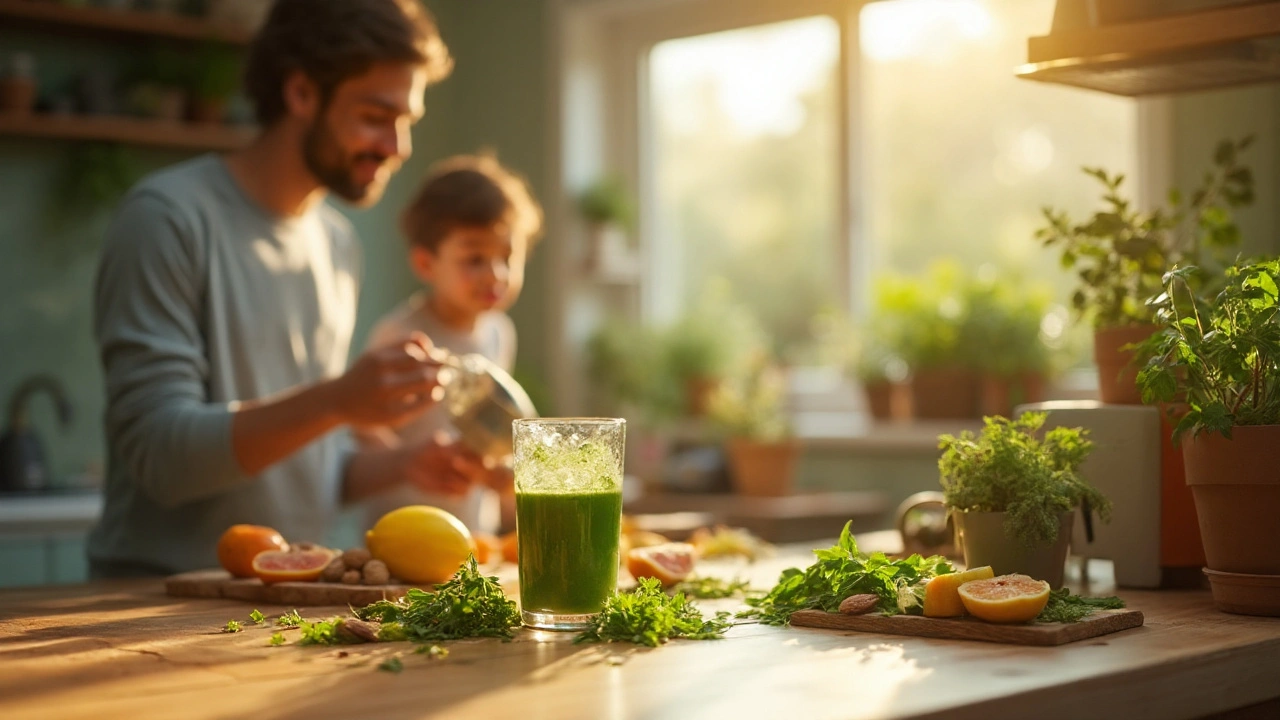
Moringa Supplement Benefits: How This Superfood Boosts Health & Well‑Being
Discover how Moringa, the nutrient‑dense supplement, can improve immunity, blood sugar, digestion and more, with practical usage tips and safety advice.
View moreEver wonder why doctors keep talking about antioxidants? In simple terms, they’re molecules that neutralize free radicals – unstable particles that can damage cells and speed up aging. When you eat or supplement with antioxidants, you give your body a defense line that helps keep organs, skin, and even your mood in better shape.
Free radicals are produced naturally during metabolism, but stress, pollution, smoking, and poor diet can crank up their numbers. Too many of them overwhelm your system, leading to inflammation, weakened immunity, and higher risk of chronic diseases. Antioxidants step in, donating an electron to calm the free radical without becoming harmful themselves. That’s why a diet rich in antioxidant foods is a cornerstone of preventive health.
Most people can get enough antioxidants by eating a colorful plate. Here are the everyday items that pack the biggest punch:
Mix these foods into meals, smoothies, or snacks, and you’ll boost your antioxidant intake without any extra effort. The key is variety – different foods bring different antioxidants, and they work best together.
If you struggle to eat enough fresh produce, a supplement can fill the gap. Common options include vitamin C, vitamin E, selenium, coenzyme Q10, and plant extracts like green tea catechins or grape seed extract. Before you grab a bottle, keep these points in mind:
When used wisely, antioxidants can help lower oxidative stress, support immune function, and even improve skin elasticity. But remember, they’re just one piece of the health puzzle; sleep, exercise, and stress management matter just as much.
Bottom line: Fill your plate with colorful fruits, veggies, nuts, and spices, and consider a modest supplement if your diet falls short. Your cells will thank you, and you’ll likely feel more energetic and resilient in daily life.

Discover how Moringa, the nutrient‑dense supplement, can improve immunity, blood sugar, digestion and more, with practical usage tips and safety advice.
View more
Uncover how vitamin C boosts glowing skin, fights ageing, and enhances beauty. Learn tips for supplements, best foods, and skin benefits—no fluff, just facts.
View more